One of the most common factors that lead to cardiovascular disease is high blood pressure. A factor that is not talked about too much but that is very important for our health. Hypertension plays a fundamental role in the mortality and disability of people worldwide.
What is hypertension? Causes.
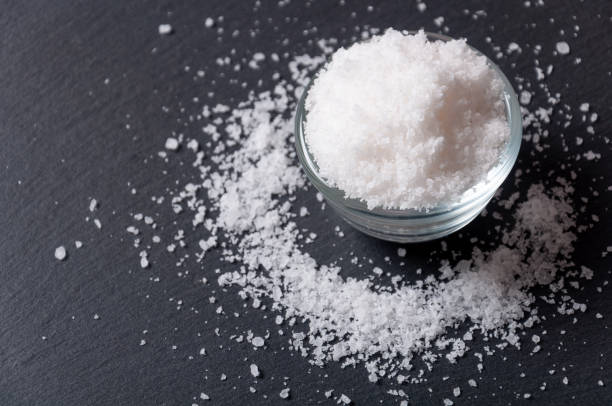
It is continuous high blood pressure in the systemic arteries. The higher the pressure (its normal value is 115/75 mmHg), the greater the risk of suffering from other pathologies.
Today, in most societies, blood pressure levels increase steadily with age, regardless of gender.
The most common cause of high blood pressure is when sodium, chlorine, and potassium are altered and decompensated.
Salt is made up of sodium and chlorine, both together with potassium, are essential for the control of hypertension. The three are related to each other by doing their functions in the cells of our body. You may have heard of these minerals as electrolytes.
Sodium, Potassium, and Chlorine
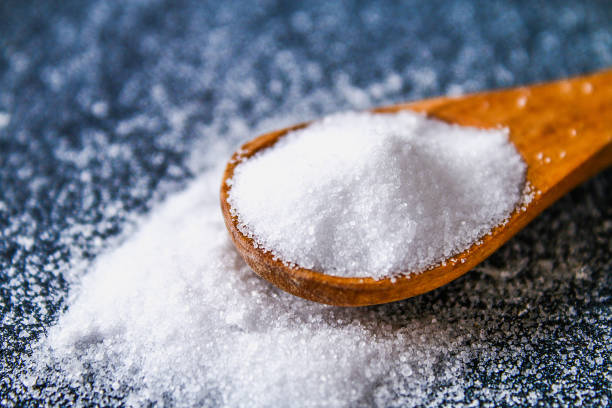
Potassium is frequently found inside the cell while sodium is outside. When sodium enters the cell, potassium leaves, when sodium leaves the cell again, potassium re-enters. This is what is called the sodium-potassium pump, the purpose of which is that the potassium remains inside the cells and the sodium outside.
These three minerals are essential for the hydration of the body. Potassium hydrates the inside of cells and sodium and chlorine the outside.
By consuming food and drinks that contain water, it goes to our intestines, from there to the blood and from the blood to the cells. As a result of this, the salt must hydrate our blood and extracellular fluids so that the potassium can hydrate the cells inside.
This is the reason why a glass of water is more hydrating if we add a pinch of salt and a little lemon, which is rich in potassium.
Relationship between these three minerals and blood pressure
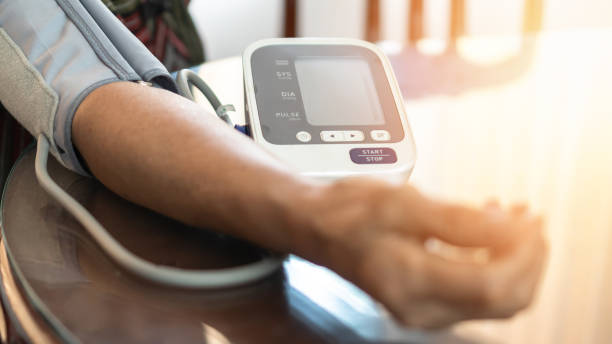
If you consume a lot of salt and little potassium, we hydrate the outside of the cells but not the inside, so your cells could become dehydrated. Also, potassium plays an important role in the elimination of excess salt through the urine.
If we do not eliminate excess salt, the water in the blood increases and puts pressure on the walls of the blood vessels.
This can lead to extracellular fluid accumulating in certain parts of the body and causing swelling in the face, hands or legs, for example.
This same pressure that is caused will help the excess salt to be eliminated in the urine and the blood pressure to return to normal.
Potassium and salt in balance is a fundamental factor
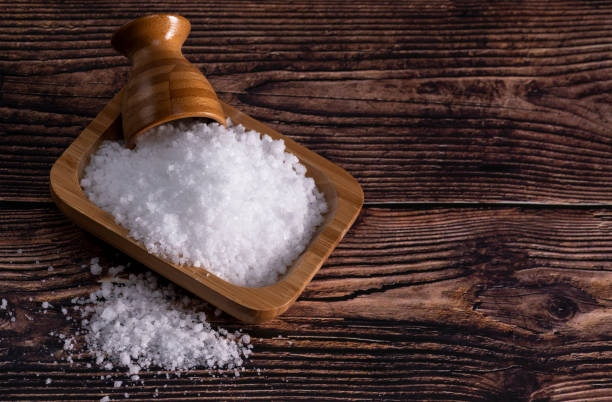
Therefore, to maintain a stable blood pressure, we must maintain the balance between salt and potassium. Salt is easy to keep because our body asks for it through cravings. Therefore, we must pay special attention to potassium.
We must bear in mind that it is more important that these minerals are balanced with eachother than to achieve the recommended daily amount of each of them.
How to achieve a balance between potassium and salt?
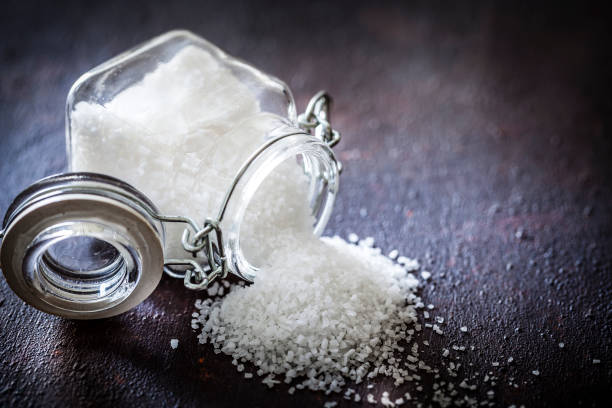
The main thing is to be especially careful with the foods we eat since many (especially processed ones) are high in salt. Limit these types of foods.
The ranges of salt and potassium that we should consume per day range:
- Potassium: between 2300 mg in women and 3400 mg in men
- Sodium: between 1500 – 2300 mg
These levels are established for those people who do not do a high activity in their day to day life. Bear in mind that with sweating, we lose these electrolytes and hydration must be higher to replace them.
Some factors to be found to achieve adequate potassium levels are:
- Fruits contain around 100 – 500 mg of potassium per 100 g of food.
- Vegetables contain between 200 – 1000 mg of potassium per 100 g of food.
- Fresh meats are an excellent source of potassium, but when cooked, they lose their juice, which is where this mineral is found.
- Fat is low in potassium.
Therefore, consume fruits and vegetables, tubers that are rich in starches, also consume lean proteins and salt your meals without overdoing it. Limit fats and grains, avoid sugars and refined products.
What are the health risks of having high blood pressure?

- Coronary heart disease.
- Cerebrovascular accident
- Myocardial infarction.
- Heart failure.
- Atrial fibrillation and peripheral artery disease.
- Chronic kidney disease
- Cognitive impairment
Bearing in mind that all these are consequences derived from suffering from hypertension, it is not surprising that we are facing the main factor of a significant percentage of mortality and disability.
How do I know if I am deficient in any of the minerals?
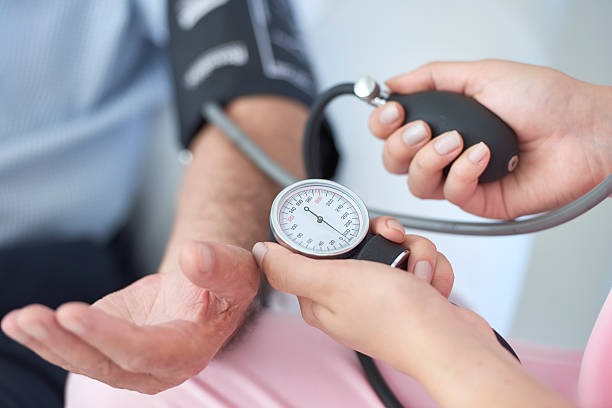
If our body is low in potassium, we will present the following symptoms:
- High blood pressure
- Fluid retention and bloating
- Loss of bone mass
- Kidney stone
- Fatigue, weakness, and cramps
- Constipation
- Abdominal pain
If we need more sodium, we will present the following signs (the latter only in severe cases):
- Low blood pressure (including dizziness when standing up)
- Fatigue, weakness
- Dizziness
- Diarrhoea
- Poor digestion
- Headaches
- Nausea, vomiting
- Muscle cramps
- Disorientation and fainting